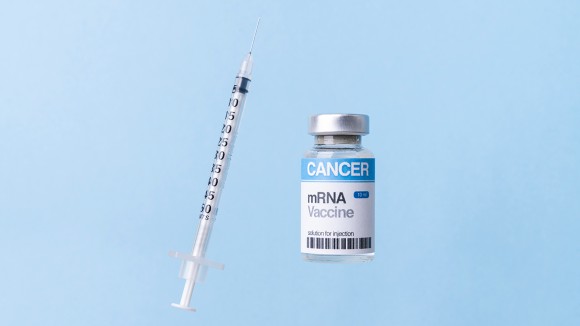 Alfredo Berzal-Herranz is the Senior Research Scientist at Institute of Parasitology and Biomedicine López-Neyra, Spanish National Research Council (CSIC), Spain. Currently his main research interests are the Structure/Function relationship of viral RNA genomes, and Design and Characterization of RNA molecules as inhibitory tools and therapeutic targets. Dr Berzal-Herranz has been an Editorial Board Member for Scientific Reports since 2015.
Alfredo Berzal-Herranz is the Senior Research Scientist at Institute of Parasitology and Biomedicine López-Neyra, Spanish National Research Council (CSIC), Spain. Currently his main research interests are the Structure/Function relationship of viral RNA genomes, and Design and Characterization of RNA molecules as inhibitory tools and therapeutic targets. Dr Berzal-Herranz has been an Editorial Board Member for Scientific Reports since 2015.
 Tracy Nissan is a Lecturer at the Department of Biomedicine and Biochemistry at the University of Sussex. His main research interests focus is mRNA stability and translation, including the role of stress granules, P bodies and innate immunity in cellular reprogramming especially during infection. Dr Nissan has been an Editorial Board Member for Scientific Reports since 2018.
Tracy Nissan is a Lecturer at the Department of Biomedicine and Biochemistry at the University of Sussex. His main research interests focus is mRNA stability and translation, including the role of stress granules, P bodies and innate immunity in cellular reprogramming especially during infection. Dr Nissan has been an Editorial Board Member for Scientific Reports since 2018.
 S. Patrick Walton is the C. Robert and Kathryn M. Weir Endowed Associate Professor and Associate Chairperson of the Department of Chemical Engineering and Materials Science, Michigan State University. His work is focused on the design of diagnostics and therapeutics based upon nucleic acids. Dr Walton has been an Editorial Board Member for Scientific Reports since 2021.
S. Patrick Walton is the C. Robert and Kathryn M. Weir Endowed Associate Professor and Associate Chairperson of the Department of Chemical Engineering and Materials Science, Michigan State University. His work is focused on the design of diagnostics and therapeutics based upon nucleic acids. Dr Walton has been an Editorial Board Member for Scientific Reports since 2021.

